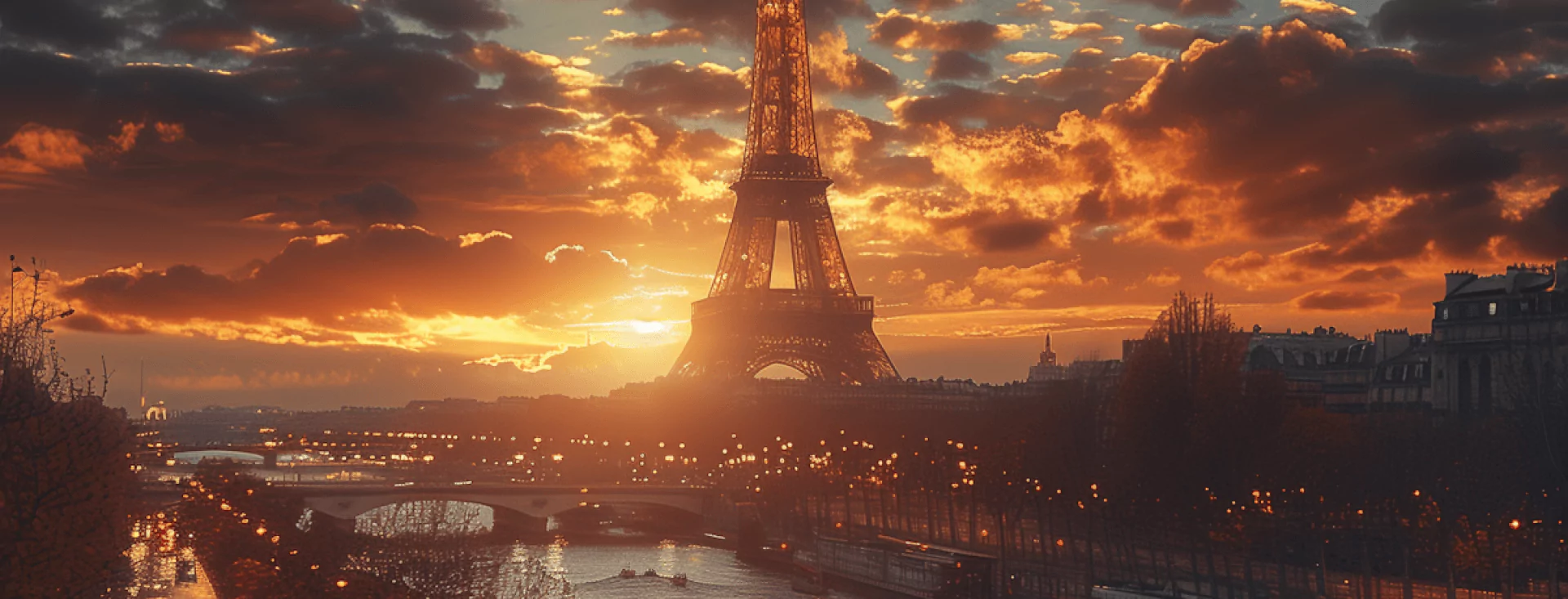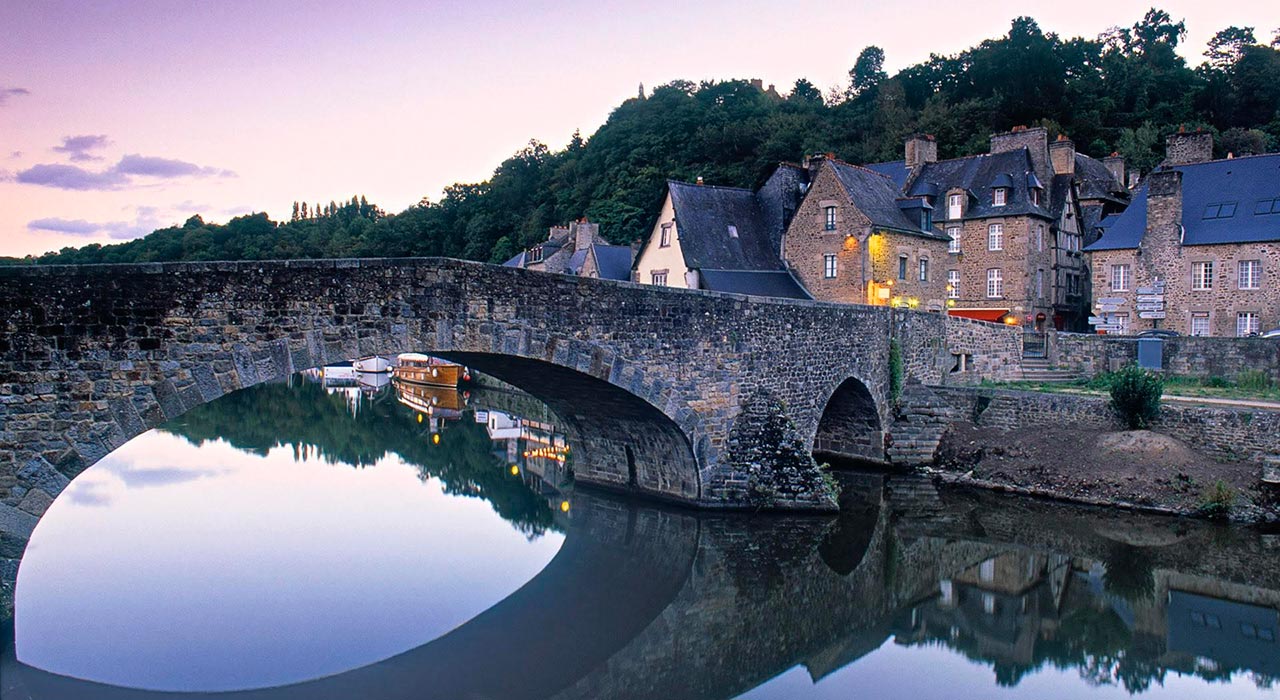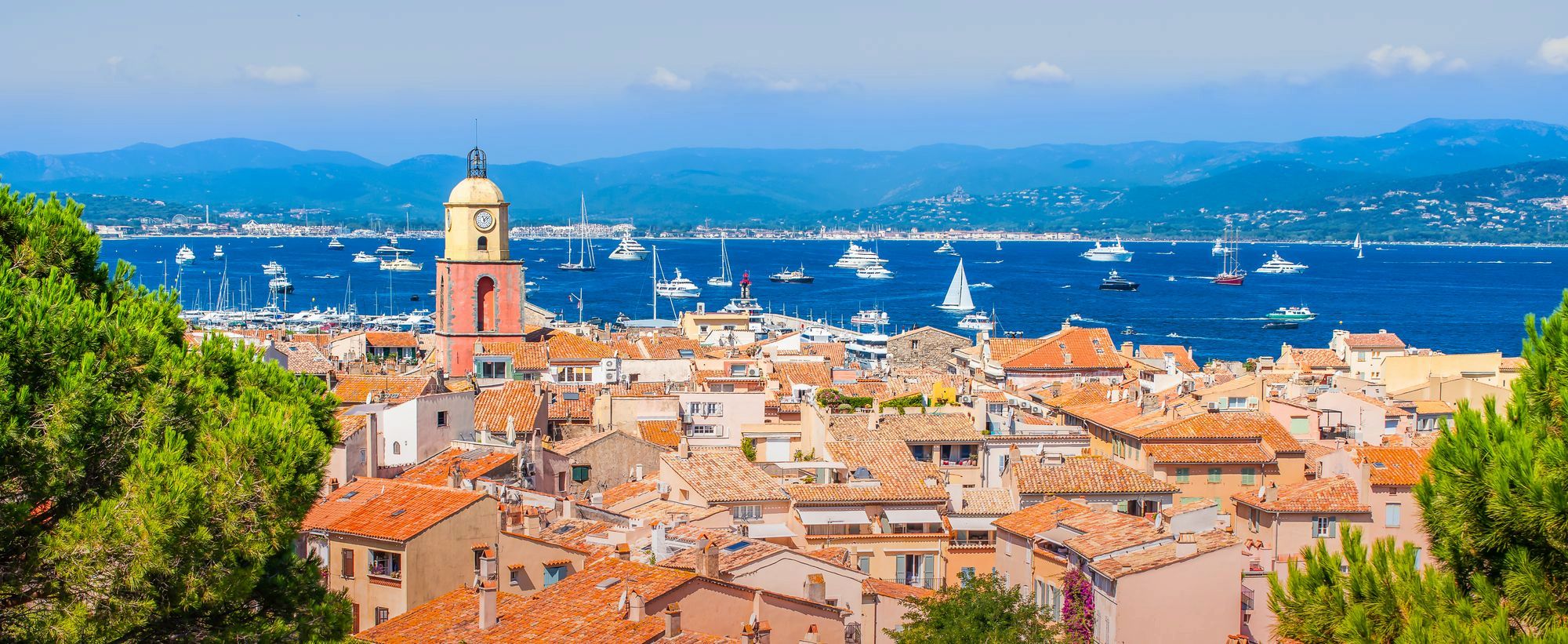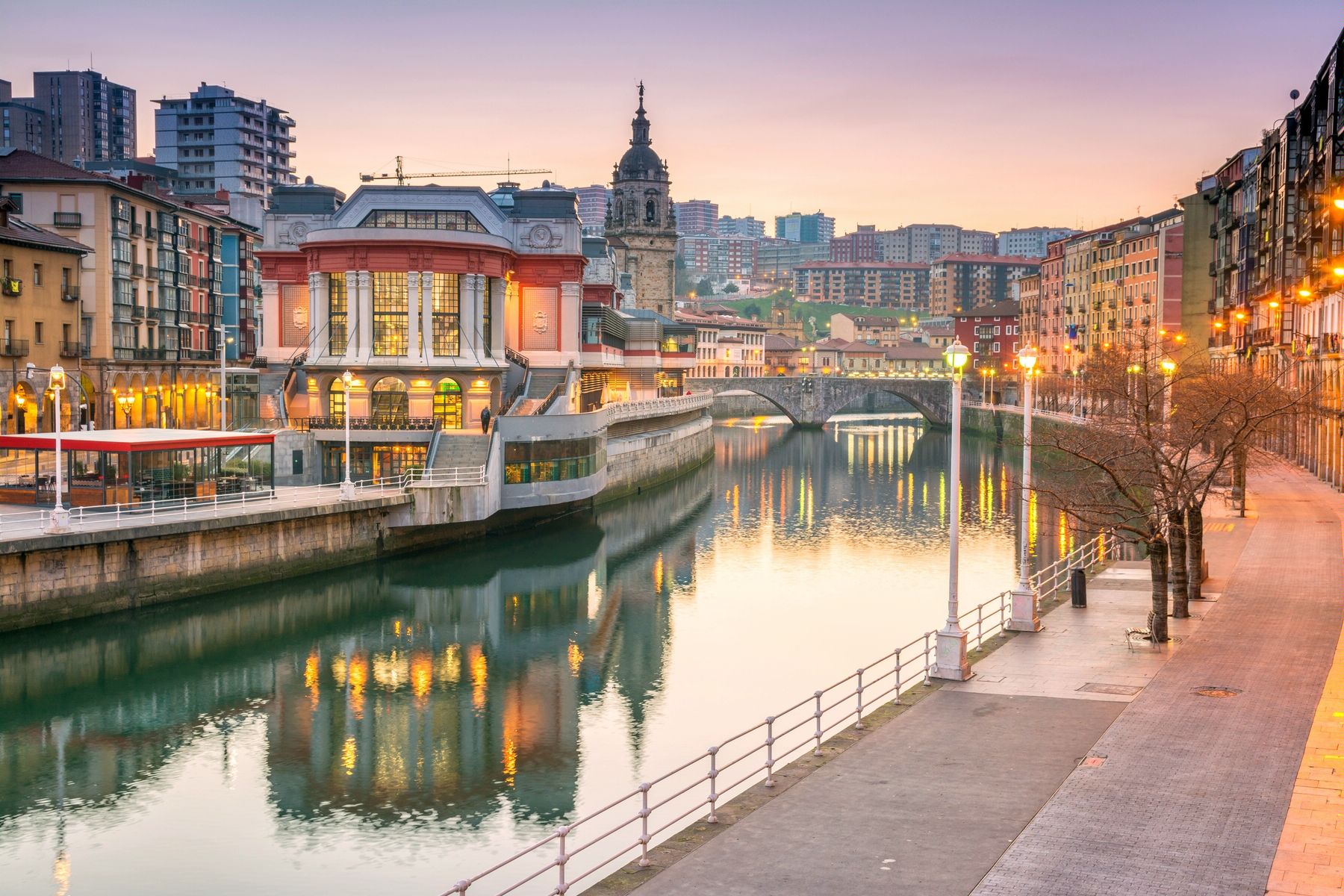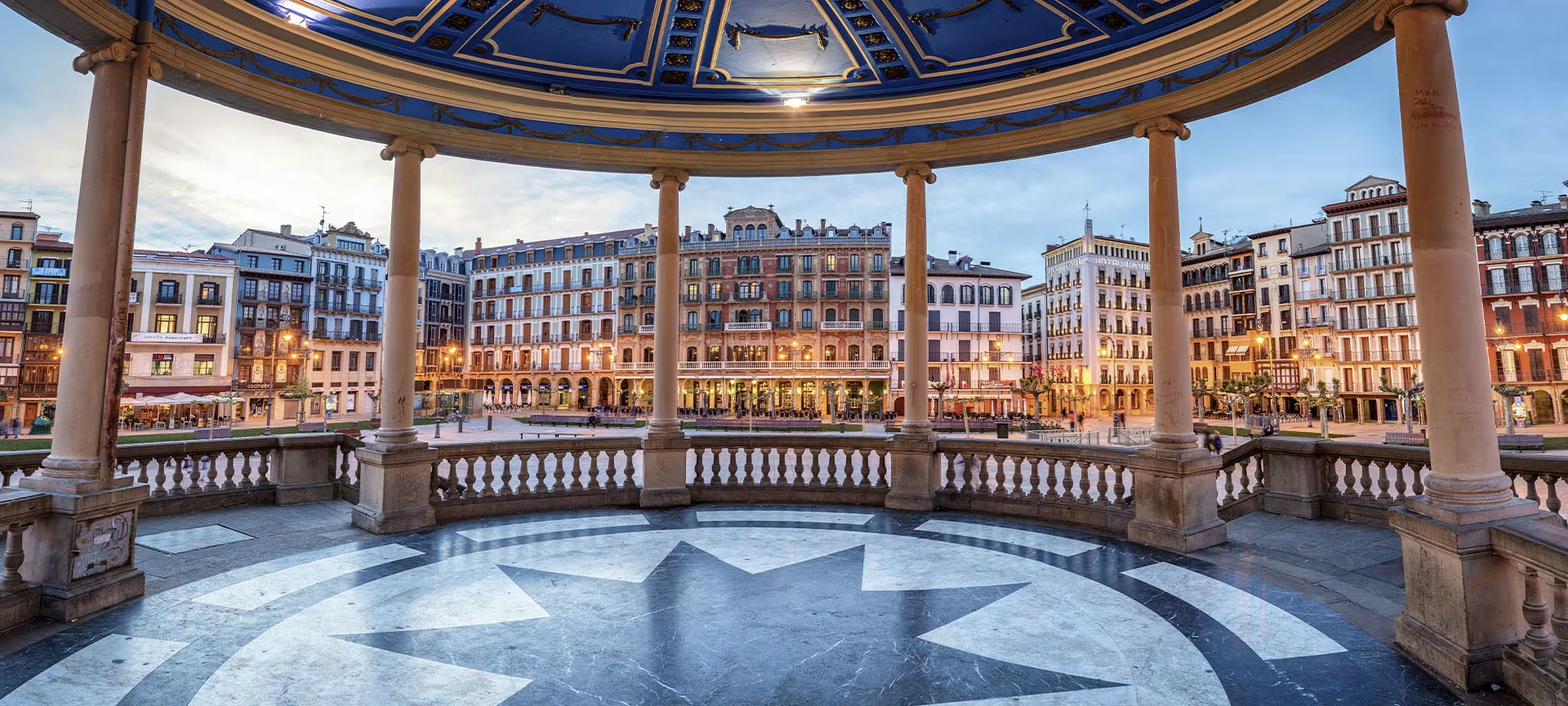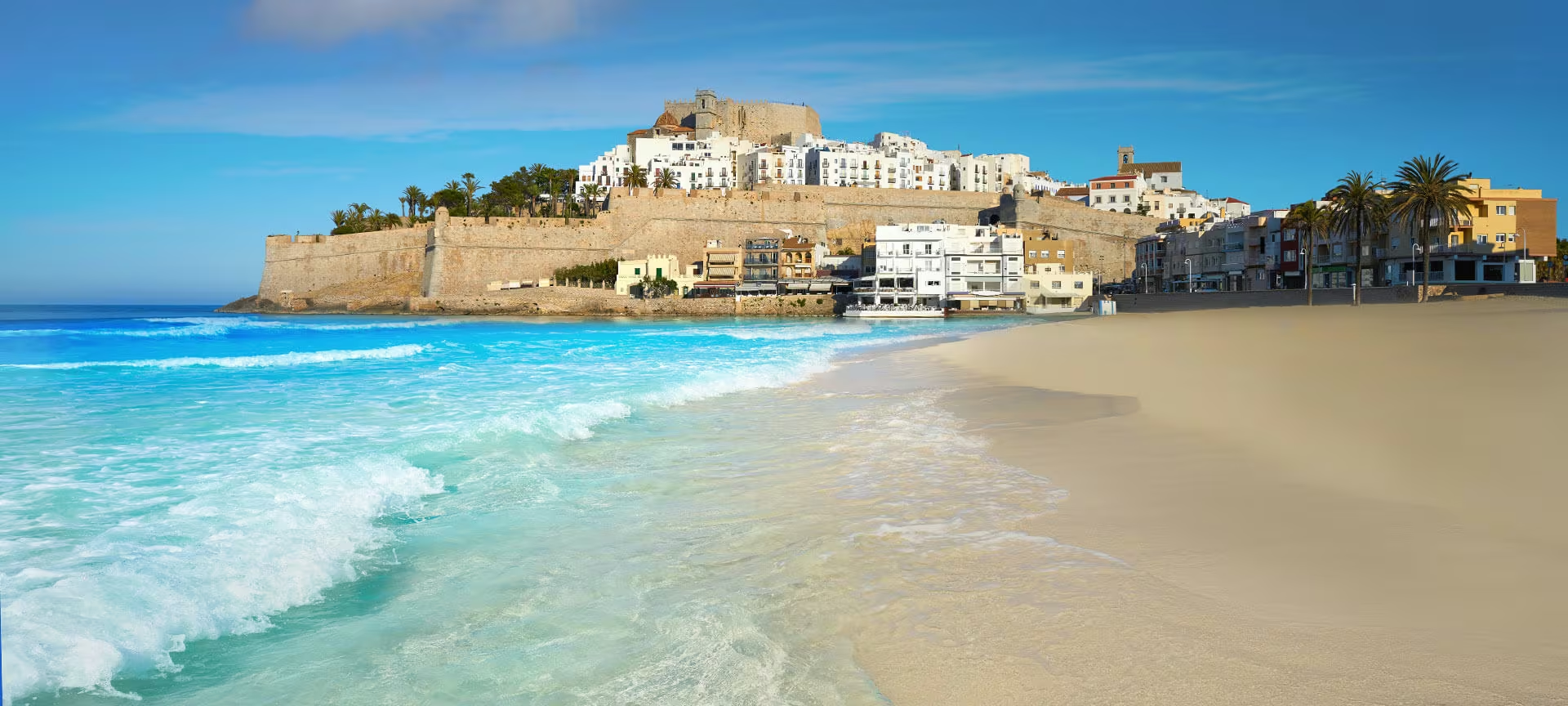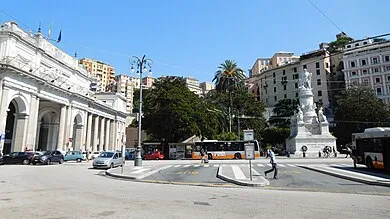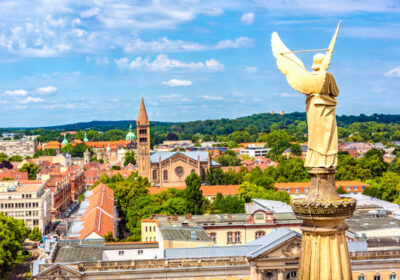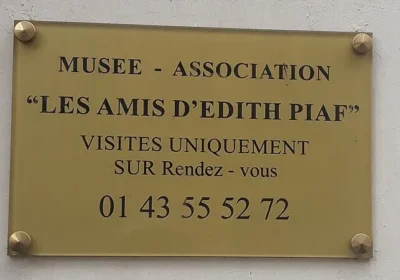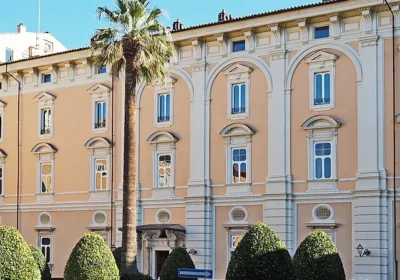This tour allows you to visit places associated with the lives of two prominent Genoese: the discoverer of America – Christopher Columbus (1451-1506) and the genius of violin music – Nicolo Paganini (1782-1840).
The church of Santo Stefano preserves a certificate of birth of the great navigator in this city. Near the courtyard of St Andrew’s Monastery you can still see the Columbus House – although it is not known exactly where the great navigator was born, the Genoese believe that Christopher Columbus lived here until 1470 (he was born in 1451). The house itself is not particularly impressive and looks a little gloomy. The attraction is a two-storey building covered with ivy. You can enter the house only by special arrangement or on the twelfth of October, the day of World Columbus Day. In the old days, the Columbus House was three storeys high. There were three rooms on each tier. On the ground floor, Christopher’s father set up a workshop: he was in charge of the weaving shop. The remaining floors were at the family’s disposal. In the seventeenth century the building was almost completely destroyed when the French shelled the city, but the Genoese rebuilt the house. Inside the building there are fragments of the walls that survived from the beginning of construction, and in the basement archaeologists found the foundations of a building dating back to the sixth century.
The harbour, shipyard and port are associated with the name of Columbus, and Genoa’s airport is named in his honour.
The early Christian Church of San Donato has records of the baptism of the famous musician Niccolo Paganini. Niccolo Paganini first performed a recital in the church of San Filippo Neri. In Via Garibaldi there are fashionable palaces where Paganini often gave concerts for the Genoese nobility, and in the Palazzo Tursi, there is a violin by Guarneri by Paganini. In the Falcone Theatre, in the presence of the King of Piedmont and Sardinia, Carl Felix, and his family, the famous native Niccolo Paganini performed. In the Doge’s Palace, Paganini is imprisoned for some time. The Carlo Felice Opera and Ballet Theatre hosts the prestigious Paganini Prize violin competition. The Conservatory of Genoa bears his name.
Everything in Genoa is connected with the names of these two outstanding people, whose life path proved that you can make a name for yourself, even if you were born into a poor family.
A walk along the famous “carruggi” will take you into the heart of the old town. You can finish the tour by climbing the belvedere, the city’s observation deck, from where you can get a bird’s eye view of Genoa and see the ancient Lanterna lighthouse.

